As 2023 wraps up, we are starting to look ahead to 2024.
Perhaps, like me, you’re planning a fitness relaunch or dreaming of that amazing vegetable patch (which will inevitably be killed by frost and eaten by mice).
At this time of year, a swathe of clever people make much wider predictions about how we’re all going to think, feel and behave in the year ahead. Big brands use it to develop new products, marketing strategies and even shape the direction of their whole business.
Whether you’re on the board or the factory floor, these trend predictions are fascinating. So, with thanks to the enviably named directors of trends at market research firm Mintel, as well as a few other expert folk, here are some of the headlines from the market intelligence experts.
It’s safe to say 2023 was the year of artificial intelligence (AI). Much has been written on this topic already. However, the trend experts predict the result of AI will be us valuing human skills and emotions more highly.
We are already seeing this trend in action: earlier this month, the upmarket northern English supermarket chain Booths announced that it was removing almost all the self-service checkouts in its stores, in response to customer feedback. “Rather than artificial intelligence, we’re going for real intelligence,” said the managing director.
Mintel says half of UK residents are concerned they will have to interact with computers more than people. Booths has spotted the value customers place on real human interaction, and other supermarkets are now hurriedly reassessing their self-service checkouts, too.
Balancing technology and tradition
It’s all part of a future in which we’re increasingly seeking the right balance between technology and tradition to avoid stress and burnout. Within the space of a decade, shared experiences like being in the office together or watching TV as a family have been replaced by remote working and individual screens.
Not so long ago, in our house, we had dinner together every evening at the dining table, which we saw as an important way of connecting as a family and teaching our children social skills. Now we rarely bother, focusing instead on having a TV dinner together. It feels like a major win when it involves getting a teenager to come off the internet and spend just 30 minutes doing the same thing as mum and dad.
With only 23% of UK consumers saying they go out as much as they did before the pandemic, we are looking at replacing the benefits of human interaction in a variety of ways. We have already seen a sharp increase in the number of households getting a pet, and a 50% increase in sales of houseplants, costing the average Brit more than £300 a year.
As well as nostalgia for interaction with real things, whether they are people, pets or plants, we are all reassessing what matters to us when it comes to the things we buy. The word “value” no longer means how much you get for what price, but now includes much wider assessments of quality, including an item’s sustainability, heritage and, crucially, authenticity.
Scrutiny and sustainability
All companies are under more scrutiny than ever before. Those who don’t share the same values as their customers will be abandoned and often publicly shamed online.
As someone who works in the communications industry, and after many years as a journalist, I advise all businesses to prioritise doing the right thing: if they put people first in a crisis, a brand’s reputation will look after itself.
Whilst that level of scrutiny might seem scary, you won’t succeed as a brand if you try to bury your head in the sand about environmental issues
The most dangerous area of all is the environment, where our mistrust of spurious claims is growing. According to another consumer behaviour expert, Kantar, 52% of people say they have seen or heard false or misleading information about sustainability from brands, and the more they hear misleading claims, the more those products disappear from their shopping baskets.
I noticed recently that the consumer magazine Which? devoted an entire article to examining the much flaunted sustainability claims of outdoor clothing brand Patagonia. And, whilst that level of scrutiny might seem scary, you won’t succeed as a brand if you try to bury your head in the sand about environmental issues.
Talking openly about failure
Consumers are not just looking for products which meet their basic obligations, but ones which push the boundaries. As Mintel points out, we want brands to generate a feel-good effect, to alleviate our guilt.
If you’re running a business and all this feels a little overwhelming, don’t worry. Surveys show that we are a forgiving bunch. We look for authenticity, and understand that this goes hand in hand with mistakes.
You may have noticed a trend towards talking openly about our blunders. From the popular How To Fail podcast by Elizabeth Day, to a Faal or “failure” festival in the Netherlands, we are embracing the experience of things going wrong. Endeavour to do the right thing, but admit to your failures and learn from them, and you are more likely to succeed in this strange new world.
Eleanor Bradford is a former BBC Scotland health correspondent and now works in communications
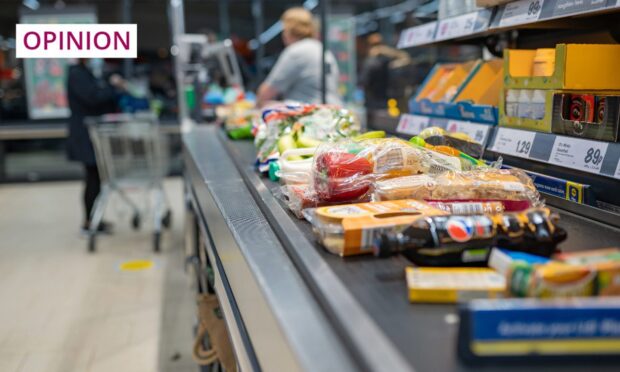

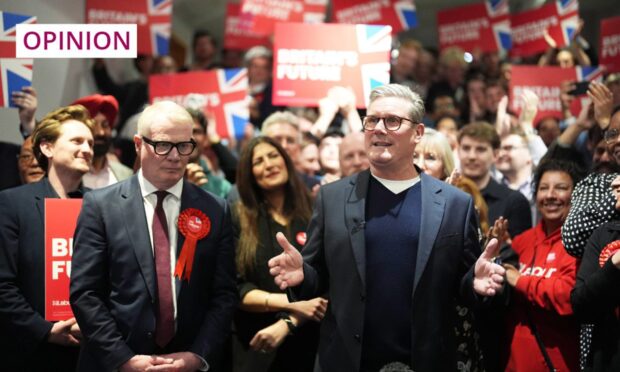
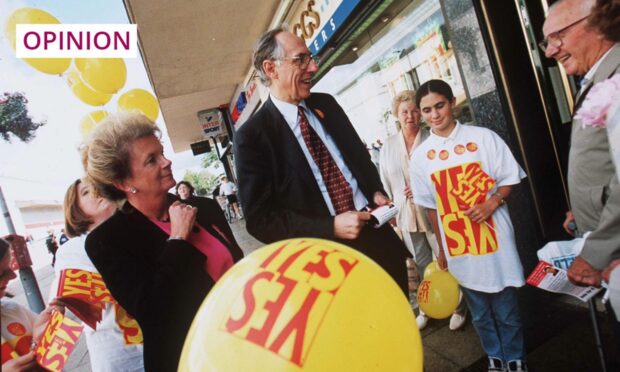
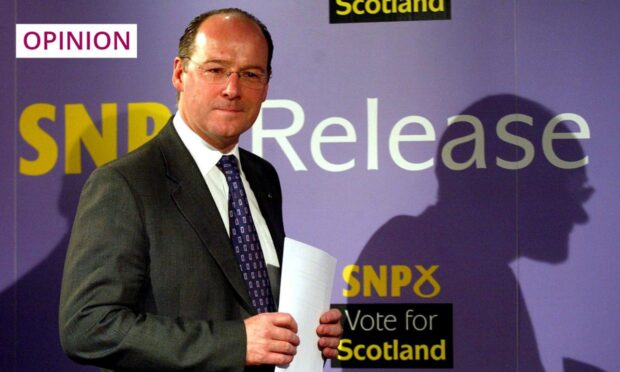
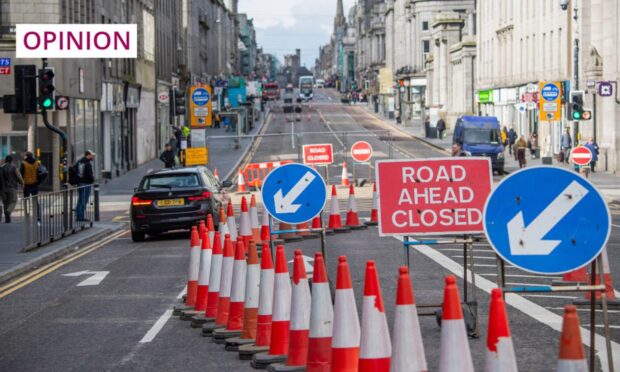
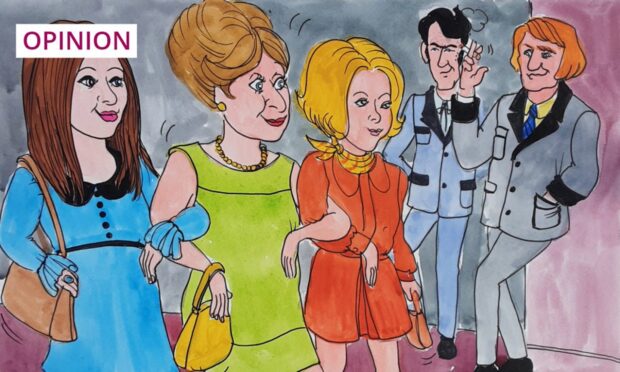

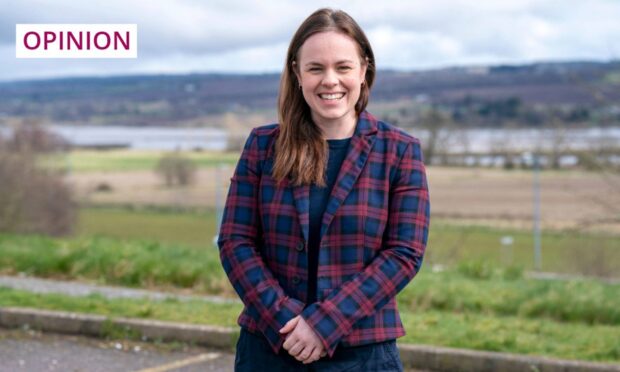
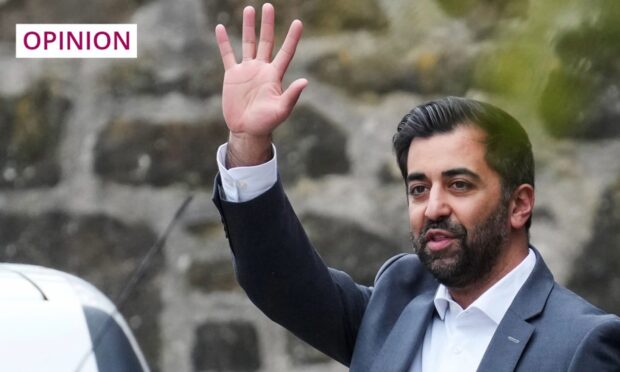
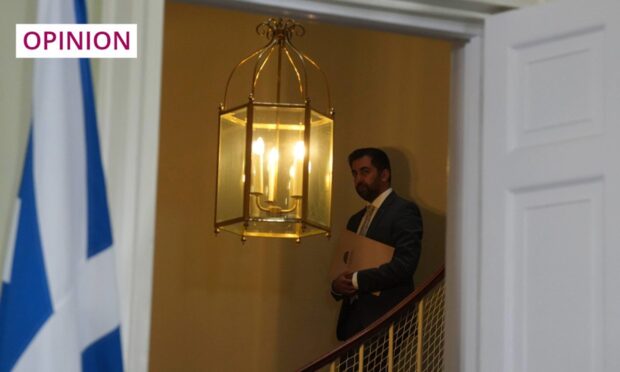

Conversation